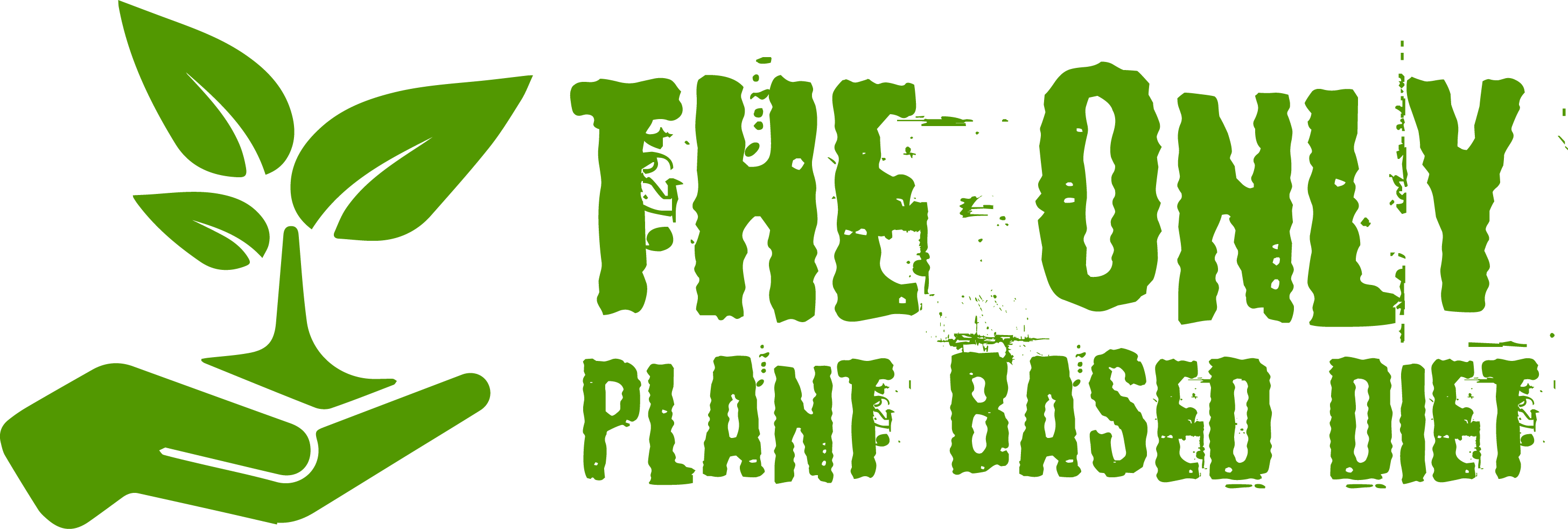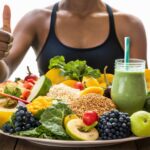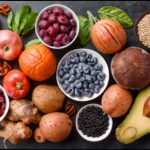Embarking on a vegan journey is not just a culinary choice but a lifestyle transformation. While the path is clear – no animal products – ensuring a balanced diet can be a winding journey filled with nutritional gaps if not properly navigated. How can you tell whether your vegan diet is not balanced? Understanding this is essential, not only to sustain your commitment to veganism but also to safeguard your health and vitality.
Why Go Vegan?
People are drawn to veganism for various reasons, from ethics and sustainability to health concerns and allergy management. Whatever your motivation, the key to thriving on a vegan diet is ensuring it’s well-rounded and nutritious, providing all the essential nutrients that your body requires for optimal functioning.
Core Components of a Balanced Vegan Diet
A balanced vegan diet isn’t just about removing animal products from your plate; it’s about substituting them with plant-based alternatives that provide similar or better nutritional value.
Vegetables and Fruits
Vegetables and fruits are the cornerstones of any vegan diet, packed with essential vitamins, minerals, and antioxidants. They should make up a significant portion of your meals to ensure a high intake of diverse nutrients.
Whole Grains
Whole grains are a great source of healthy carbohydrates, dietary fiber, and a variety of essential micronutrients. Including a diverse range of whole grains ensures sustained energy levels and aids digestive health.
Legumes and Proteins
Protein is crucial, and legumes are the heroes in a vegan diet when it comes to this macronutrient. Options like lentils, chickpeas, and a variety of beans not only provide protein but also are excellent sources of other nutrients like iron and potassium.
Nuts and Seeds
Nuts and seeds are nutrient powerhouses, providing healthy fats, proteins, and various vitamins and minerals. They are particularly important for ensuring adequate intake of omega-3 fatty acids, which are essential for brain health and often a concern in vegan diets.
Signs of an Unbalanced Vegan Diet
If your vegan diet lacks balance, your body will signal distress calls. Recognizing these signs is the first step toward reassessment and adjustment of your food intake.
Unintentional Weight Loss
Weight loss might be a welcome development for some, but when it’s unintended, it could be a sign of not consuming enough calories or essential nutrients.
Persistent Hunger
Feeling hungry shortly after meals can indicate your diet lacks protein or fiber, both crucial for satiety. It’s essential to analyze not just the quantity but also the quality of your food.
Fatigue and Low Energy
If you’re constantly tired, you might be missing essential vitamins like B12 and iron or not getting enough calories. Energy levels often serve as an immediate barometer of your diet’s adequacy.
Brittle Bones and Hair
Weak hair, nails, or even bones can indicate deficiencies in key nutrients like calcium, vitamin D, and protein. It’s crucial not to overlook these symptoms as they can have long-term health implications.
Rectifying an Unbalanced Diet
Identifying an unbalanced diet is one thing; taking steps to rectify it is another. It involves a multifaceted approach, including seeking professional advice, educating yourself on nutrition, and possibly incorporating supplements.
Consult a Professional
If you suspect your diet is lacking, consult a healthcare professional or a dietitian. They can provide guidance, suggest meal plans, or even recommend blood tests to identify specific nutrient deficiencies.
Education on Nutrition
Knowledge is power. Understanding the nutritional value of food, the body’s daily nutrient requirements, and how to achieve a balanced vegan diet is essential for long-term success.
Incorporating Supplements
Sometimes, diet alone isn’t enough. In such cases, supplements can be invaluable, especially for nutrients like B12, iron, calcium, and vitamin D, which can be challenging to obtain in sufficient quantities from a vegan diet.
Navigating a vegan diet requires mindfulness and commitment. It’s not just about cutting out animal products but also about embracing a diverse range of nutritious foods. By recognizing the signs of an unbalanced diet and taking proactive steps to rectify any deficiencies, you can enjoy the myriad benefits of veganism while maintaining robust health.
What Forms Of Food Items Should You Add To A Plant-Based Diet?
FAQs
Can I get all necessary nutrients from a vegan diet?
Yes, with careful planning and possibly supplementation for nutrients like B12 and vitamin D.
Will I need supplements on a vegan diet?
It depends on your individual nutritional needs and diet quality. B12 supplements are often recommended.
How can I ensure I’m getting enough protein?
Diversify your protein sources to include various legumes, nuts, seeds, and whole grains.
Can a vegan diet support intense physical activity?
Absolutely, as long as it’s well-planned and balanced to provide sufficient calories and nutrients.
What are the first signs of an unbalanced vegan diet?
Common signs include persistent fatigue, unintentional weight loss, constant hunger, and brittle hair or nails.







